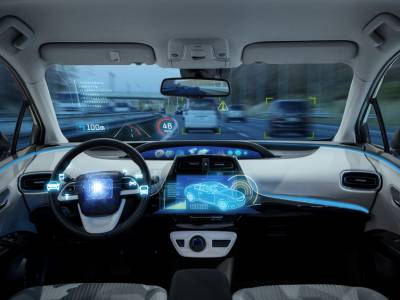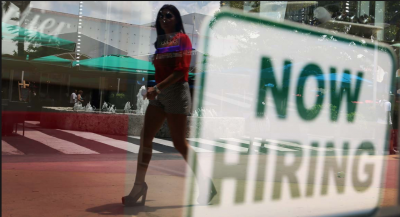Car dealers can be held liable as a quasi-manufacturer for damages caused by the vehicle
11 Aprile 2025
- Distribuzione
The case: A consumer bought a Ford car in Italy from an Italian car distributor. The car was manufactured by Ford WAG in Germany and supplied by Ford Italia, which belong to the same group of companies. Following an accident in December 2001 in which the airbag failed, the consumer sued the Italian distributor as well as Ford Italia for damages. Ford Italia disputed the claims for damages asserted against it, arguing that it had not manufactured the vehicle and, because it was itself only a distributor/supplier, referred to Ford WAG in Germany as the actual manufacturer.
Question to the European Court of Justice (ECJ)
The Italian Supreme Court (Corte di Cassazione) referred the following question to the ECJ:
- the manufacturer’s liability under the Product Liability Directive 85/374/EEC is limited in accordance with Art 3 to cases where the supplier physically puts his name, trade mark, or other distinguishing feature on the product to create confusion between his identity and that of the actual manufacturer;
- or is the distributor liable as a “quasi-producer” even if he has not physically put his name or trademark on the product, but nevertheless “presents himself as its producer” within the meaning of Article 3(1) of the Directive by using the distinguishing feature in his company name, which was put on the car by another person, but leading to identity with the actual car manufacturer.
ECJ judgement (European Court of Justice) of 19/12/2024, Case C-157/23
A company that does not manufacture a product itself, but only distributes it, can still be considered a “manufacturer” within the meaning of the Product Liability Directive (85/374/EEC). This is the case if the distributor puts his name, trademark or other distinguishing feature on the product and consequently presents itself as the manufacturer. According to the ECJ, this can give the consumer the impression that the distributor is responsible for the quality and safety of the product.
However, the ECJ emphasizes that liability does not depend on whether the distributor puts the sign on the product itself. The distributor did not do so in the specific case. However, the distributor used the corresponding distinguishing feature in its company name. According to the ECJ, the decisive factor is, therefore, whether the distributor uses this name match to gain the trust of consumers and is thus perceived as a responsible manufacturer.
The distributor is jointly and severally liable with the actual manufacturer. This means that consumers can either make a claim against the manufacturer or the dealer directly. However, the dealer has the right to ask for a regress for the damage incurred from the actual manufacturer.
Remarks
The ECJ emphasizes consumer protection. In my opinion, this argument is slightly overstretched:
- According to the ECJ, the consumer should not be burdened with the complex task of identifying the actual manufacturer of a defective product.
- A distributor that sells a product and uses its name or trademark to do so creates trust in the consumer. This trust is to be protected by the liability of the authorized distributor – regardless of whether the distributor has actively put its trademark on the product or not.
- This increases the liability risk for authorized car dealers because they must obtain appropriate insurance against such a risk. In the constellation described above, authorized dealers can be exposed to unexpectedly high claims for damages under strict product liability.
Good advice is not expensive
- It is essential that such cases are legally clarified when drawing up and formulating distribution agreements with car manufacturers and that the ECJ ruling is considered.
- In addition, authorized dealers/distributors should reconsider the use of product names from the actual producer in their company name and/or in their corporate image.






















